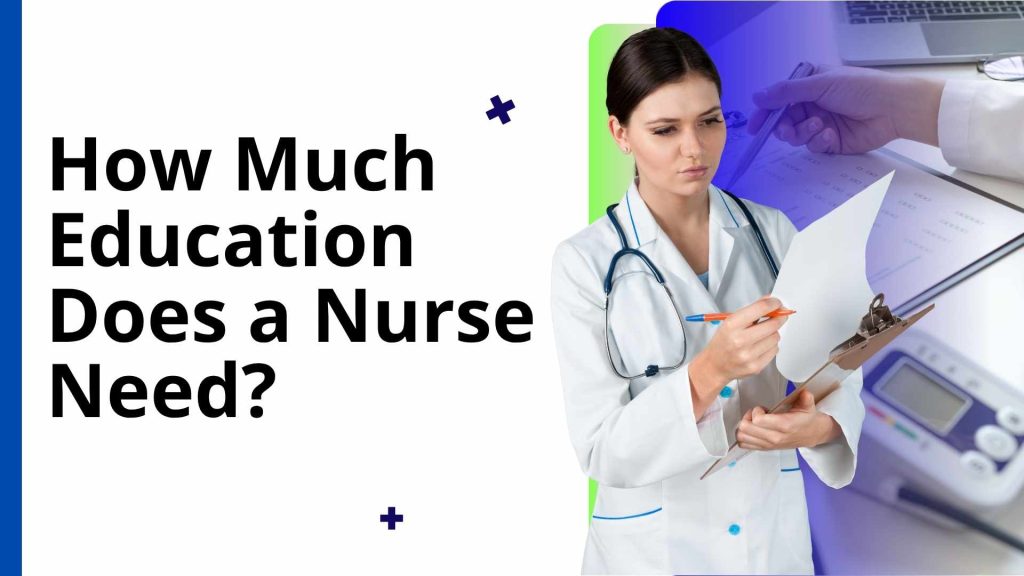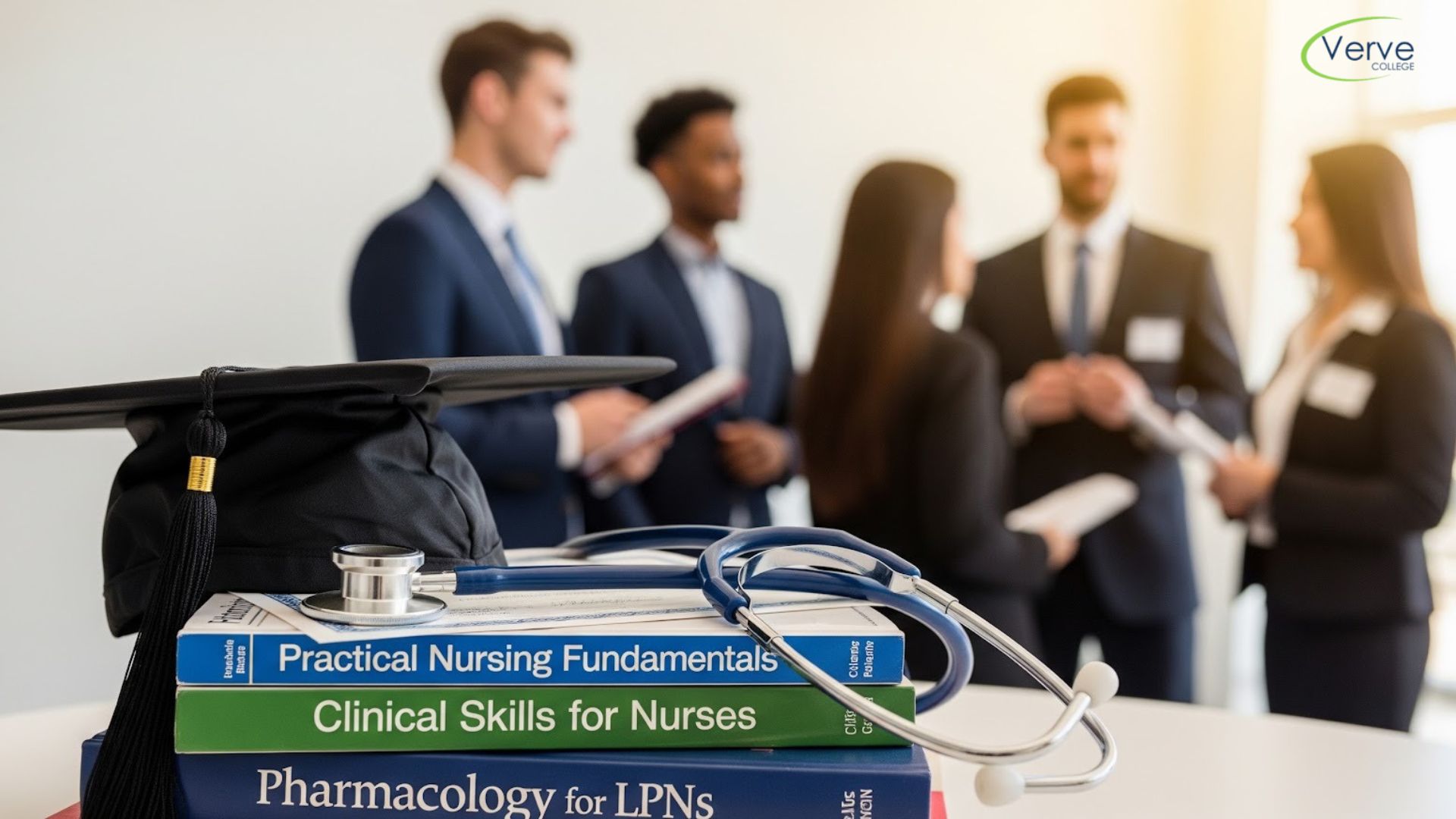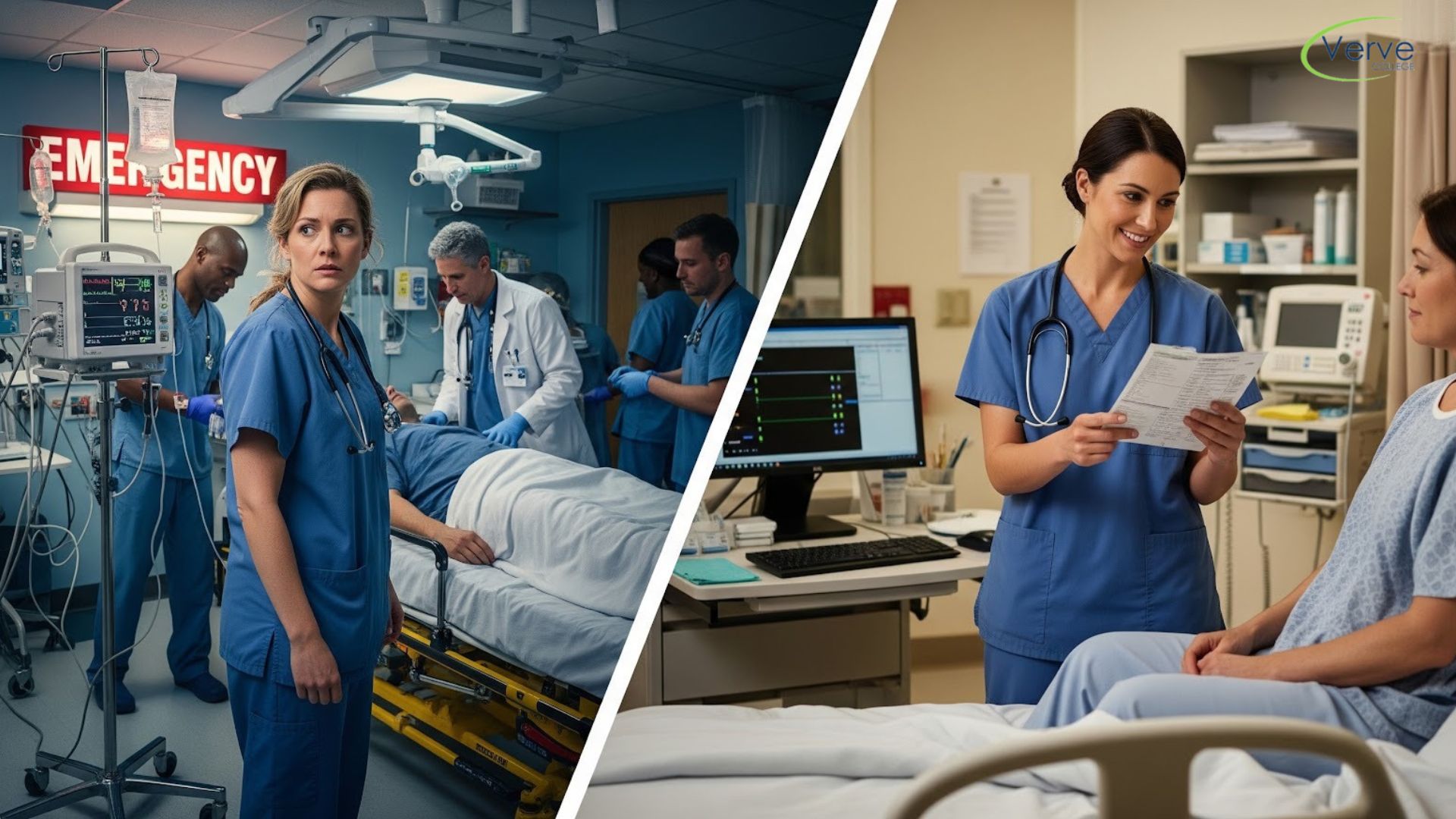- Oak Brook:(630) 705-9999
- Chicago:(312) 920-8822
- Email:inquiry@vervecollege.edu
- Make a Payment
- Home
- Programs
- Admission
- Resources
- ATI Entrance Exam Resources
- New E-Digital Library
- Refer a Friend
- School Newsletter
- Events
- Employers
- Job-Network
- Alpha Beta Kappa Candidates
- Verve College Library
- Graduation and Pinning Ceremony Photo Galleries
- Textbook Information
- Career Services
- Tutoring
- School Catalog
- FAQ
- Constitution Day Program
- Alumni
- Verve College Plans
- Financial Aid
- HEERF Reporting
- Satisfactory Academic Progress
- Apply For Financial Aid
- Net Price Calculator
- Return of Title IV Funds (R2T4)
- Financial Aid Office Code of Conduct
- Contact
- FAQs
- Verification Policy
- Vaccination Policy
- Student Right-to-Know Act
- Misrepresentation
- Information Security Program
- Academic Award Year
- Availability of Employee
- Cost of Attendance
- Health & Safety Exemption Requirement
- Students Rights and Responsibilities
- Leave of Absence
- Pell Formula
- Military Students
- Grants/ Scholarship Policy
- Contact Us
- Testimonials
- Blog
Is a Nursing Career Right For You?
Take The Free Quiz
How Much Education Do You Need to Become a Nurse?
How Much Education Do You Need to Become a Nurse?
Over 275,000 new nursing jobs are opening each year, showing how much nurses are needed in healthcare. Nursing is one of the most trusted and important jobs in the system. But the path to becoming a nurse isn’t the same for everyone.
Some roles take more time and training than others. If you’re wondering how much education a nurse needs, it depends on your goals. Many choose to become a licensed practical nurse first to start helping patients sooner.
What Education is Required to Become an LPN Nurse?
If you’re looking for a practical way to start a nursing career, becoming a Licensed Practical Nurse (LPN) is one of the fastest and most accessible options.
It’s essential to know what kind of training and education you’ll need before starting your journey to become an LPN.
LPN Program Overview
Most LPN nursing programs take around 14 to 15 months to complete. You can find programs at vocational schools, community colleges, and even certain hospitals. Students receive both in-class instruction and real-world clinical experience during the program.
That means you’ll spend time studying in class, and then apply what you learn by working with real patients in medical settings.
These programs are designed to prepare you for the day-to-day duties of nursing. They teach the skills you’ll need to support doctors and registered nurses, provide basic patient care, and work in different healthcare environments.
Subjects You’ll Study
The coursework in this program covers key areas of patient care. You’ll study human anatomy, nursing fundamentals, infection control, pharmacology, and nutrition. You’ll also learn how to take vital signs, give medications, and keep patient records.
This education for nursing builds your knowledge and prepares you for real-world responsibilities.
High School Prerequisites
To enroll in this program, you must have a high school diploma or GED. Some schools may ask you to take a basic entrance exam, such as the TEAS (Test of Essential Academic Skills). This helps schools understand your readiness in subjects like reading, science, and math.
State Licensing
Once you complete the program, the next step is to take and pass the NCLEX-PN exam. Every state in the U.S. requires LPNs to pass this national exam to earn their license. It proves that you have the skills and knowledge needed to work safely as a practical nurse.
Without passing this exam, you cannot become licensed or begin working.
Time Commitment and Flexibility
This programs often offer flexible schedules to meet the needs of different students.
Some schools offer full-time and part-time schedules, including evening and weekend classes. While parts of the course may be available online, all clinical hours must be completed in person.
This hands-on experience is a key part of your training.
Career After LPN Education
After you earn your license, you’ll be ready for entry-level jobs in hospitals, nursing homes, doctor’s offices, and home care settings. Becoming an LPN gives you a strong foundation and a chance to grow in the field.
So, how much education does a nurse need to become an LPN? Just about a year of focused training can open the door to a long-term, rewarding career in healthcare.
Conclusion
Becoming an LPN is one of the fastest and most practical ways to start a nursing career. With just 12 to 18 months of training and a passing score on the NCLEX-PN exam, you can begin working in the field quickly.
Many students choose programs from the best nursing colleges in Illinois to get high-quality training and hands-on experience that prepares them for real healthcare settings.
 Sign up
Sign up Login
Login




